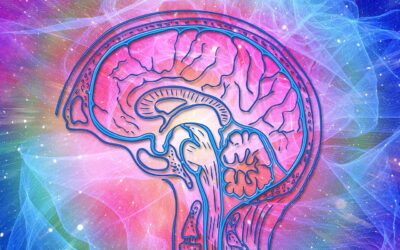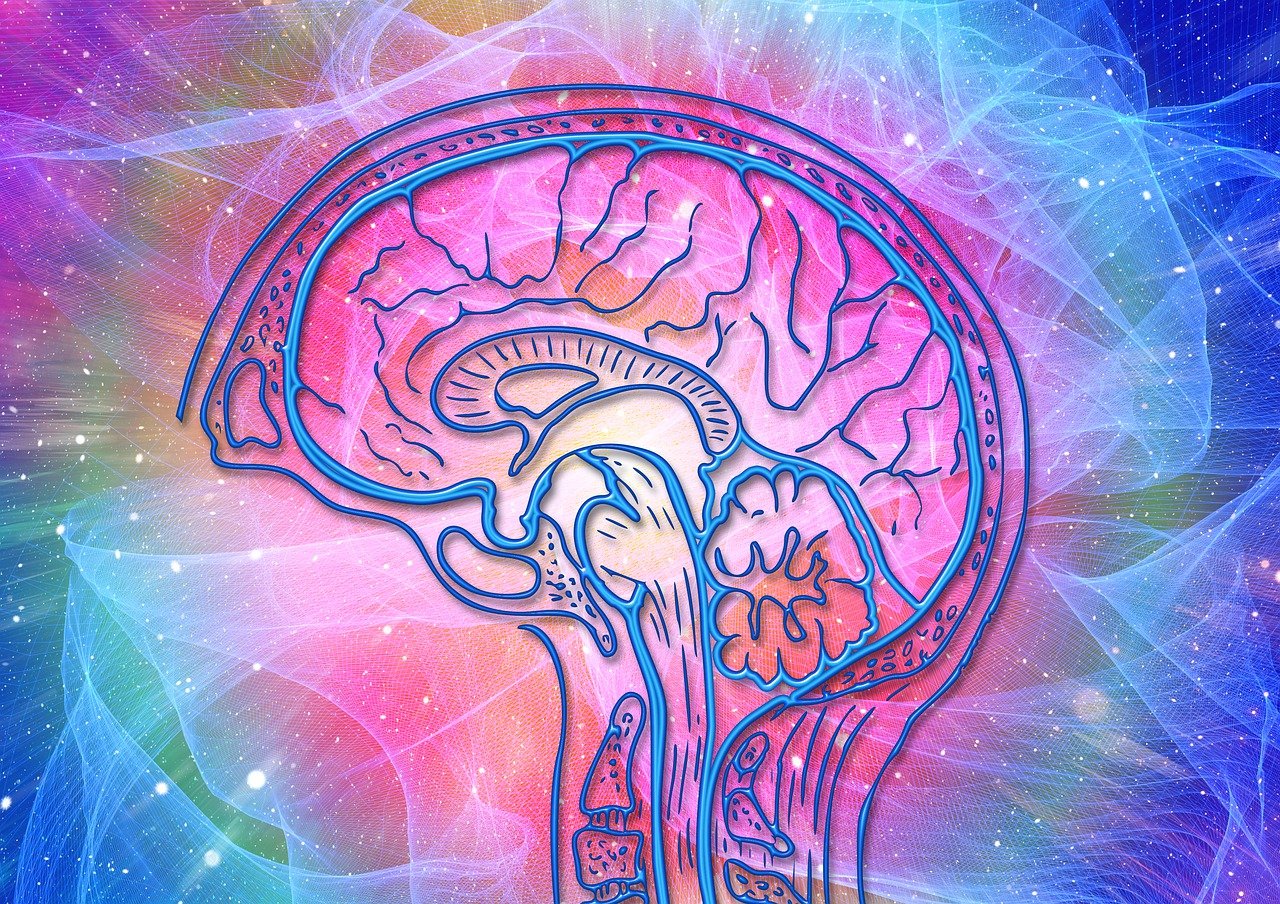What Is an AI? Understanding Artificial Intelligence
Artificial Intelligence (AI) is reshaping industries and redefining business strategies. But what exactly is AI, and how can companies harness its potential? This guide breaks down the essentials of AI for business leaders looking to stay ahead in the digital age.
Defining AI: Beyond the Buzzword
At its core, AI refers to computer systems that can perform tasks typically requiring human intelligence. These systems analyze data, recognize patterns, and make decisions with minimal human intervention.
AI encompasses various technologies, including:
- Machine Learning: Algorithms that improve through experience
- Natural Language Processing: Enabling computers to understand and generate human language
- Computer Vision: Allowing machines to interpret and analyze visual information
AI in Action: Real-World Applications
Across industries, AI is driving innovation and efficiency:
- Customer Service: AI-powered chatbots handle customer inquiries 24/7, improving response times and satisfaction rates.
- Manufacturing: Predictive maintenance systems use AI to anticipate equipment failures, reducing downtime and costs.
- Finance: AI algorithms detect fraudulent transactions in real-time, enhancing security for banks and customers.
- Healthcare: AI assists in diagnosing diseases and analyzing medical images, potentially improving patient outcomes.
The Business Impact of AI
For companies, AI offers significant advantages:
- Increased Productivity: Automating routine tasks allows employees to focus on higher-value work.
- Enhanced Decision-Making: AI analyzes vast amounts of data to provide insights for strategic planning.
- Improved Customer Experiences: Personalized recommendations and services boost customer satisfaction and loyalty.
However, implementing AI also presents challenges. Companies must address data privacy concerns, retrain workers, and navigate ethical considerations surrounding AI use.
Looking Ahead: The Future of AI in Business
As AI technology advances, its impact on business will likely grow. Research suggests that AI could contribute up to $15.7 trillion to the global economy by 2030 [1].
Future developments may include:
- More sophisticated natural language interactions between humans and machines
- Increased automation in knowledge work and creative fields
- AI systems that can explain their decision-making processes, addressing current “black box” concerns
For business leaders, staying informed about AI developments and their potential applications will be crucial for maintaining a competitive edge in the years to come.
[1] https://www.pwc.com/gx/en/issues/analytics/assets/pwc-ai-analysis-sizing-the-prize-report.pdf









